The U.s. department of Justice, and a group of prosecutors of the general, has filed a lawsuit antitrust against Apple, claiming that the company has a monopoly in the market for smartfonëve to a higher level and use the tactics of the law to turn perpetuated it. The action is very similar to that brought against Microsoft in the early 1990's, although there are differences in the core and between the two cases.
The power of Apple's in the market: one of the questions of the complex
Unlike a monopoly is clearly by Microsoft in the market of operating systems for computers (about 90%), the position of the Apple, is not so clear-cut. While having a monopoly is not unlawful per se, you are prohibited from using the tactics of the set to hold it up. To prove this, it is necessary to establish that the defendant had sufficient strength in the market, to the exclusion of competitors. The rest of the market, and Apple, while important, is less than that delivered by the Microsoft it at that time.
The signs of the u.s. Department of Justice: the barriers to entry, and the opening of the market
DOJ claims that the Apple is no more than 70% of the market share of the smartfonëve in the united states in terms of revenue, and that there are other indications that show the dominance of the iPhone, as well as a p.moreover, it has. the preferences of the users are young people and their families, with the density higher. Moreover, it is argued that in the United States, representing a market for the relevant on its own.
The charges are based on the constraints of the expected, for the introduction to the set up of the Apple. According to the u.s. Department of Justice, the vast majority of the users of the smartfonëve already have an iPhone, and tend to remain loyal to the brand when they purchase a new device. That's because the Apple has created barriers to the artificial, which make it difficult to switch to other operating systems. For example, the difference between the people of the blue on the iPhone, and the people green for Android, or to the limitation of the application and the video of the third party, in favor of FaceTime, which is only available on iOS.
Moreover, the change involves a cost, and the difficulties, such as learning a new interface, the purchase of the application and once again, the transfer of data. For this reason, according to the DOJ, the Apple has a monopoly of the government in the market smartfonëve. It mentions also the technical restrictions, such as the purchase of component parts to the most expensive, and the design of the hardware and the software to be sophisticated. And then there's too much evidence is circumstantial, such as the margins, the major and the long-term return to Apple in sales, and the iPhone.
The position of the Apple: differentiation and integration as well as the choice of the customer
In terms of barriers to entry, Apple could argue that the differentiation and the integration of the product is not to be compared for the exclusion of the competition. The platform is fully integrated with the applications to be integrated for the special functions such as browsing the web, and the conference of the video, it is easy and convenient, and clients opt for it, and continue to choose, because I like it, not because they want to move to Android and are locked. the barriers man.
The innovation in a monopoly, the vicious cycle in the technology of high
Cases in antitrust in the area of technology often follow a cycle similar to: an innovative stand at the top by a combination of factors, constructs an edge of history by the impact of the network, the competitors are complaining, and the governments involved. The player with the dominant fare as long as the competitors of the new people to find a way to get into the market, just as they did the Apple and Google against Microsoft in the early 2000s. And then the cycle begins again...



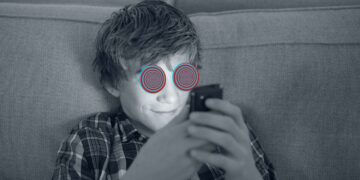
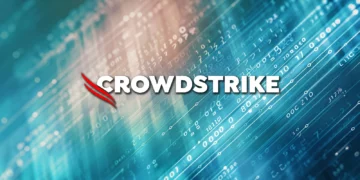
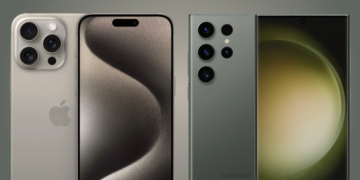









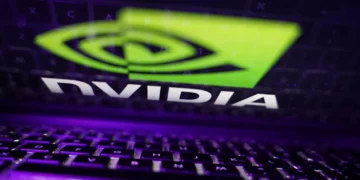

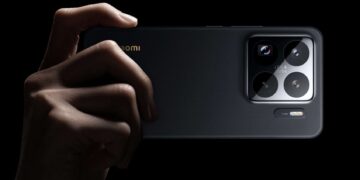
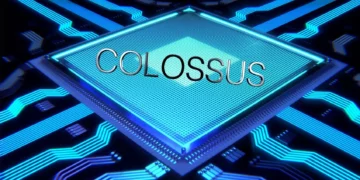
















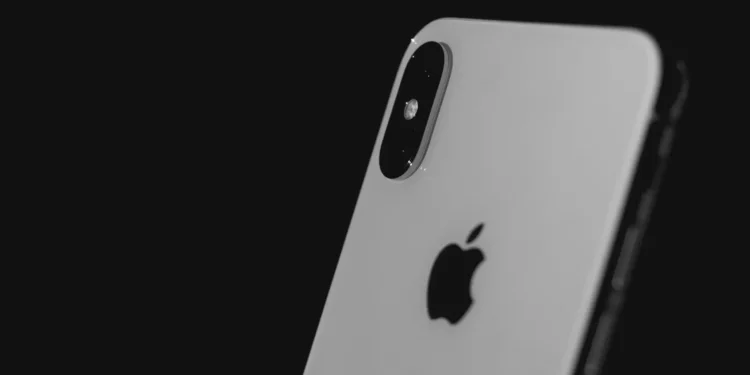

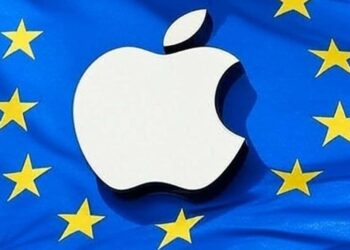
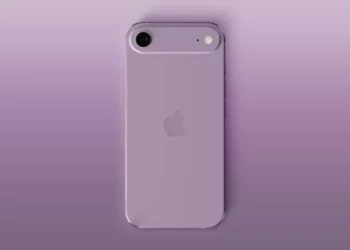
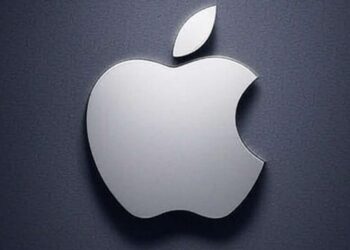
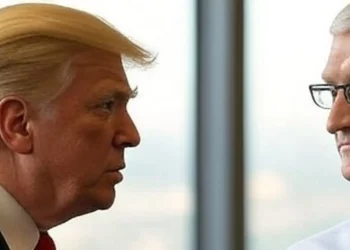










Discussion about this post